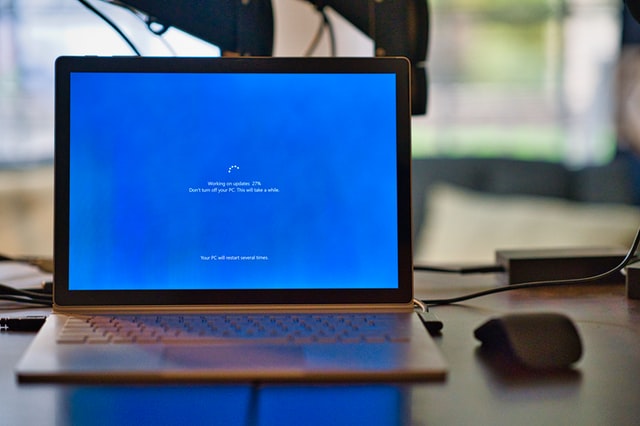Computers have become commonplace in our daily lives. And since computers are essential to nearly every aspect of modern life – from shopping to banking – their reliability is crucial. If your computer fails to perform even a basic task, you may experience frustration or inconvenience.
With proper care, maintenance and attention, you too can enjoy long periods of trouble-free operation. Read on for some useful tips that will help ensure your computer is working well for years to come.
Taking Care of Your Computer
The wellbeing of your computer and its components depends largely upon the way they’re treated. It’s easy enough to keep your hardware clean; it’s the software side of things where an error-free system becomes important. Here are some suggestions for making sure your machine is well maintained:
1) Regularly remove dust, fingerprints and other contaminants from your computer using the manufacturer’s recommended cleaning method.
2) Check your motherboard’s memory chips, CPU (central processing unit), disk drive and video cards. Make sure these items operate properly before replacing them.
3) Keep your operating system up-to-date through Windows Update (Windows XP Home or Pro). This will also keep your security patches current. For added protection against viruses and spyware check with your local anti-virus vendor.
Maintaining Your Operating System
Many problems can be avoided by maintaining your OS (operating system). A simple update of your OS will often resolve issues such as slow performance, blue screens and crashes. To ensure that your PC runs smoothly, follow these steps:
1) Scan regularly for virus/spyware.
These programs may cause unexpected behavior or lock-ups of your computer.
2) Backup frequently.

Troubleshooting Tips
If your issue hasn’t been resolved after checking above, try one or more of these troubleshooting tips:
1) Run Windows’ Diagnostic tool – Choose Troubleshoot if unable to run repair on startup.
2) Try a different power supply – A faulty power supply can cause random restarts and crashing of your operating system.
3) Remove and reinstall any devices connected to ports and peripherals. Some drivers don’t get installed correctly if connected via USB.
4) Restore factory settings – Many problems can be solved simply by restoring files to default settings. Resetting the BIOS
Backing up all files gives you peace of mind when disaster strikes. You don’t want to lose data just because something went wrong with your computer!
Protect Against Virus/Spyware Attacks
A common source of computer crashes and general malfunction is the presence of virulent or malignant code. Viruses, Trojan Horses and Worms attack your computer without warning. They can easily disable your system if not detected and eliminated quickly. Unfortunately, many users do not know how to effectively prevent this type of damage – leaving themselves vulnerable. If you find your system has become infected, there is usually no need to panic.
The Bottom Line
The well-being of your computer is quite essential, especially if you happen to visit many potentially harmful platforms, the likes of online https://www.casinoclic.com/fr and adult sites. The only way to make sure that your system remains safe is by being vigilant. By following the guidelines laid out here, you should have little trouble keeping your PC in tip-top shape.

